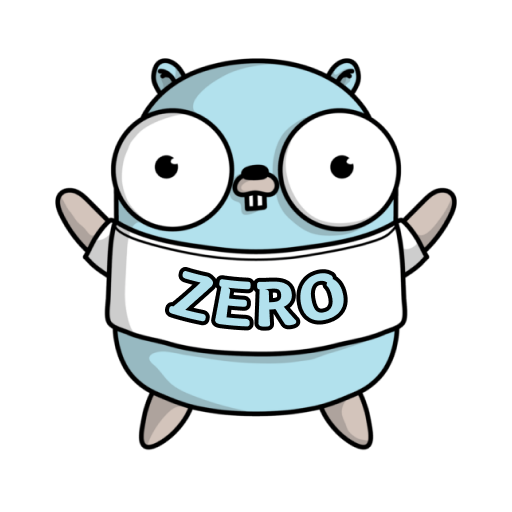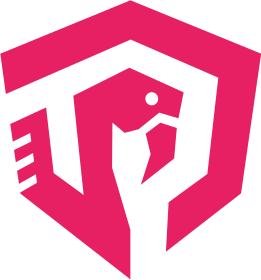Buffalo
A Go web development eco-system, designed to make your project easier.
Buffalo helps you to generate a web project that already has everything from front-end (JavaScript, SCSS, etc.) to the back-end (database, routing, etc.) already hooked up and ready to run. From there it provides easy APIs to build your web application quickly in Go.
Buffalo isn't just a framework; it's a holistic web development environment and project structure that lets developers get straight to the business of, well, building their business.
I
❤️ web dev in go again - Brian Ketelsen
⚠️
Important
Buffalo works only with Go modules. GOPATH mode is likely to break most of the functionality of the Buffalo eco-system. Please see this blog post for more information.
Also, the Buffalo team actively gives support to the last 2 versions of Go, which at the moment are:
- 1.15.x
- 1.16.x
While Buffalo may work on older versions, we encourage you to upgrade to latest 2 versions of Go for a better development experience.
Documentation
Please visit http://gobuffalo.io for the latest documentation, examples, and more.
Quick Start
Shoulders of Giants
Buffalo would not be possible if not for all of the great projects it depends on. Please see SHOULDERS.md to see a list of them.
Templating
github.com/gobuffalo/plush - This templating package was chosen over the standard Go html/template package for a variety of reasons. The biggest of which is that it is significantly more flexible and easy to work with.
Routing
github.com/gorilla/mux - This router was chosen because of its stability and flexibility. There might be faster routers out there, but this one is definitely the most powerful!
Task Runner (Optional)
github.com/markbates/grift - If you're familiar with Rake tasks from Ruby, you'll be right at home using Grift. This package was chosen to allow for the easy running of simple, and common, tasks that most web applications need. Think things like seeding a database or taking in a CSV file and generating database records. Buffalo ships with an example routes task that prints of the defined routes and the function that handles those requests.
Models/ORM (Optional)
github.com/gobuffalo/pop - Accessing databases is nothing new in web applications. Pop, and its command line tool, Soda, were chosen because they strike a nice balance between simplifying common tasks, being idiomatic, and giving you the flexibility you need to build your app. Pop and Soda share the same core philosophies as Buffalo, so they were a natural choice.
Sessions, Cookies, WebSockets, and more...
github.com/gorilla - The Gorilla toolkit is a great set of packages designed to improve upon the standard library for a variety of web-related packages. With these high-quality packages Buffalo can keep its "core" code to a minimum and focus on its goal of gluing them all together to make your life better.
Benchmarks
Oh, yeah, everyone wants benchmarks! What would a web framework be without its benchmarks? Well, guess what? I'm not giving you any! That's right. This is Go! I assure you that it is plenty fast enough for you. If you want benchmarks you can either a) check out any benchmarks that the GIANTS Buffalo is built upon having published, or b) run your own. I have no interest in playing the benchmark game, and neither should you.
Contributing
First, thank you so much for wanting to contribute! It means so much that you care enough to want to contribute. We appreciate every PR from the smallest of typos to the be biggest of features.
Here are the core rules to respect:
- If you have any question, please consider using the Slack channel (#buffalo, #buffalo_fr or #buffalo-dev for contribution related questions) or Stack Overflow. We use GitHub issues for bug reports and feature requests only.
- All contributors of this project are working on their free time: be patient and kind. :)
- Consider opening an issue BEFORE creating a Pull request (PR): you won't lose your time on fixing non-existing bugs, or fixing the wrong bug. Also we can help you to produce the best PR!
- All PRs MUST be opened against the development branch. If you want to write an hot-fix, we'll first fix the development branch before moving the patch to master branch.
WE WILL CLOSE ANY ISSUE OR PR NOT FOLLOWING THESE CORE RULES.
For the full contribution guidelines, please read CONTRIBUTING.




